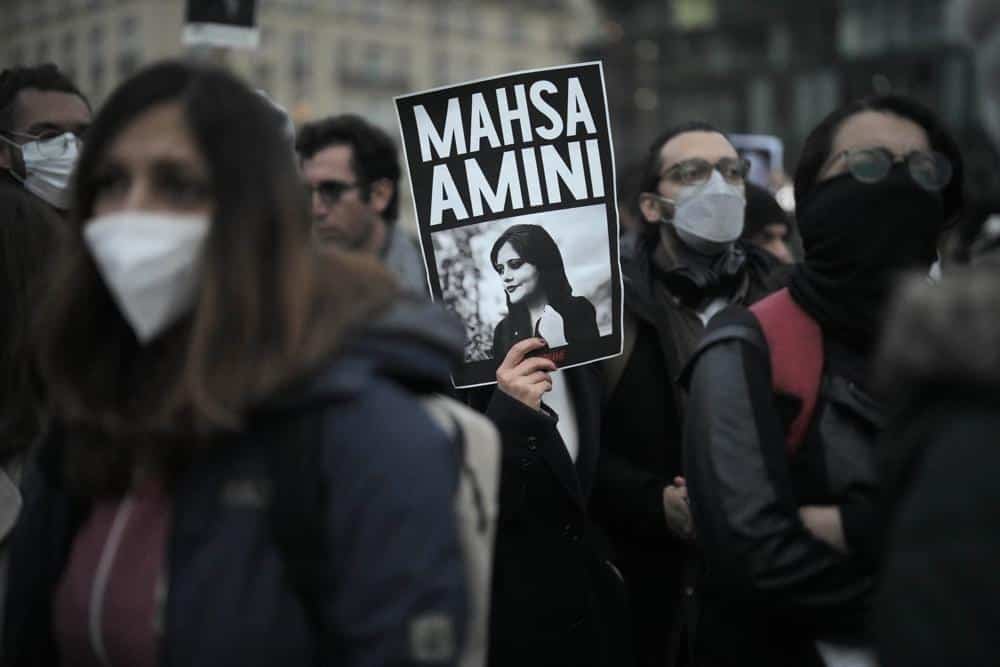Iranian authorities have announced the installation of cameras in public places and thoroughfares to identify and penalize women who appear in public without a hijab, according to a statement released by the police on Saturday. The police force will take action to identify individuals who break norms by using smart cameras and tools in public places and thoroughfares. After identifying violators of the hijab law, the police will send proof and warning messages to inform them of the legal consequences of this crime.
The move is aimed at preventing resistance against the hijab law, according to a statement reported by the Iranian judiciary’s Mizan news agency and other state media. The statement said such resistance tarnishes the country’s spiritual image and spreads insecurity. Iran’s police chief, Ahmad-Reza Radan, said in an interview with state television that from next Saturday, individuals who remove their veil will be identified using smart equipment.
“People who remove their hijab in public places will be warned first and presented to the courts as a next step,” the police chief said. Car owners will also receive a warning text if any of their passengers violate the dress code, and their vehicles will be seized if the offense is repeated. Businesses will also be required to seriously monitor the observance of societal norms with their diligent inspections, according to the police statement.
The head of Iran’s judiciary, Chief Justice Gholamhossein Mohseni Ejei, warned last week that Iranian women who fail to wear the hijab would be “prosecuted without mercy.” However, women are still widely seen unveiled in malls, restaurants, shops, and streets around the country, risking arrest for defying the obligatory dress code. Videos of unveiled women resisting the morality police have flooded social media.
Under Iran’s interpretation of Sharia, women are obliged to cover their hair and wear long, loose-fitting clothes to disguise their figures. Violators have faced public rebuke, fines or arrest. The veil is considered one of the civilizational foundations of the Iranian nation and one of the practical principles of the Islamic Republic, according to an Interior Ministry statement released on March 30. The statement urged citizens to confront unveiled women, directives which have previously emboldened hardliners to attack women.
The backlash against Mahsa Amini’s custodial death sparked widespread protests, with accounts emerging of how women protesters have been treated by the Iranian administration. This has led to calls for repealing the controversial hijab law, which dictates that women and girls as young as seven must wear a hijab. Approximately 40 million Iranian women are under constant surveillance since its introduction after the 1979 Islamic Revolution. In November 2022, Iranian officials arrested two prominent actors, Hengameh Ghaziani and Katayoun Riahi, for removing their headscarves and publicly supporting anti-government protests.
Image Credit: AP Photo/Markus Schreiber, File



















